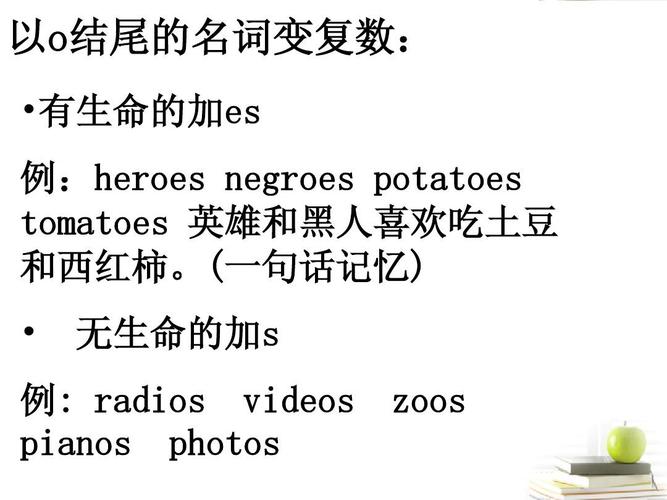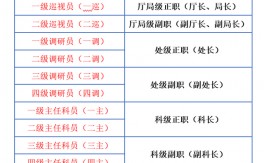yet在句尾是什么意思
"yet" 這個(gè)詞在英語中可以有多種用法,具體含義取決于它在句子中的位置和語境。在句尾時(shí),"yet" 通常有以下幾種含義:
1. 表示時(shí)間上的“還”或“尚”:用來表示某個(gè)動(dòng)作或事件尚未發(fā)生,但有可能在未來發(fā)生。
- 例如:"I haven't finished the report yet."
2. 表示“但是”或“然而”:用于引出與前面句子相對(duì)立或補(bǔ)充的信息。
- 例如:"She is young, yet she is very experienced."
3. 用于疑問句中表示“已經(jīng)”:詢問某事是否已經(jīng)發(fā)生。
- 例如:"Have you tried the new restaurant yet?"
4. 用于否定句中加強(qiáng)否定:有時(shí)在否定句中使用,以加強(qiáng)否定的語氣。
- 例如:"Nothing is yet known about the cause of the accident."
5. 用于條件句中表示“在...之前”:在某些條件句中,"yet" 可以表示“在...之前”。
- 例如:"If you don't hurry, we'll miss the train yet."
6. 用于強(qiáng)調(diào):有時(shí)用來強(qiáng)調(diào)前面提到的內(nèi)容。
- 例如:"He is not only a good teacher, he is a good friend yet.
根據(jù)具體的句子和語境,"yet" 的確切含義可能會(huì)有所不同。如果你能提供一個(gè)具體的句子,我可以幫助你更準(zhǔn)確地理解它在句尾的意思。

yet放句中和句末的區(qū)別
"yet"這個(gè)詞在英語中可以有多種用法,它的位置在句中或句末可以改變句子的含義。以下是一些常見的用法和位置差異:
1. 時(shí)間上的"還"或"尚" - 通常放在句末,表示某事尚未發(fā)生,但有可能會(huì)發(fā)生。
- 句中:I haven't finished the report yet.
- 句末:I haven't finished the report yet.
2. 轉(zhuǎn)折或?qū)Ρ?- 可以放在句中或句末,用來引入一個(gè)對(duì)比或轉(zhuǎn)折的觀點(diǎn)。
- 句中:Despite the difficulties, we are making progress yet.
- 句末:Despite the difficulties, we are making progress yet.
3. 疑問句中的"已經(jīng)" - 通常放在句末,詢問某事是否已經(jīng)發(fā)生。
- 句末:Have you finished the report yet?
4. 條件句中的"已經(jīng)" - 放在句中,表示條件滿足后的動(dòng)作或狀態(tài)。
- 句中:If you have finished your work, you can go home yet.
5. 強(qiáng)調(diào) - 放在句末,用來強(qiáng)調(diào)前面的信息。
- 句末:It's a small world, and we keep meeting each other, yet we never really talk.
在實(shí)際使用中,"yet"的位置可能會(huì)根據(jù)語境和強(qiáng)調(diào)的內(nèi)容有所不同。通常,放在句末的"yet"更強(qiáng)調(diào)時(shí)間上的未完成或可能性,而放在句中的"yet"則更多用于轉(zhuǎn)折或?qū)Ρ取?/p>
yet在句末的用法
在英語中,"yet" 是一個(gè)多用途的副詞,它可以在句子中以多種方式使用。以下是一些常見的用法:
1. 時(shí)間上的“還”:表示某事尚未發(fā)生,但有可能發(fā)生。
- I haven't finished the report yet.
2. 用于否定句:加強(qiáng)否定的含義。
- He has never been to Paris yet.
3. 用于疑問句:詢問某事是否已經(jīng)發(fā)生。
- Have you tried the new restaurant yet?
4. 用于條件句:表示如果某事發(fā)生,另一事也會(huì)發(fā)生。
- If you study hard, you'll pass the exam yet.
5. 用于比較句:表示到目前為止的情況。
- This is the best movie yet.
6. 用于并列句:表示對(duì)比。
- He is not only smart but also hardworking, yet he failed the test.
7. 用于強(qiáng)調(diào):強(qiáng)調(diào)某個(gè)事實(shí)或情況。
- She is yet to realize the importance of her decision.
8. 用于句末:有時(shí)用于句末,表示期待、疑問或強(qiáng)調(diào)。
- I'm waiting for your answer yet.
9. 用于表示讓步:盡管有某些情況,但結(jié)果卻不同。
- He is old yet active.
10. 用于表示遞進(jìn):在列舉事物時(shí),表示還有更多。
- She can play the piano, the violin, and yet the flute.
"yet" 的具體用法取決于句子的上下文和所要表達(dá)的意義。

 微信掃一掃打賞
微信掃一掃打賞






